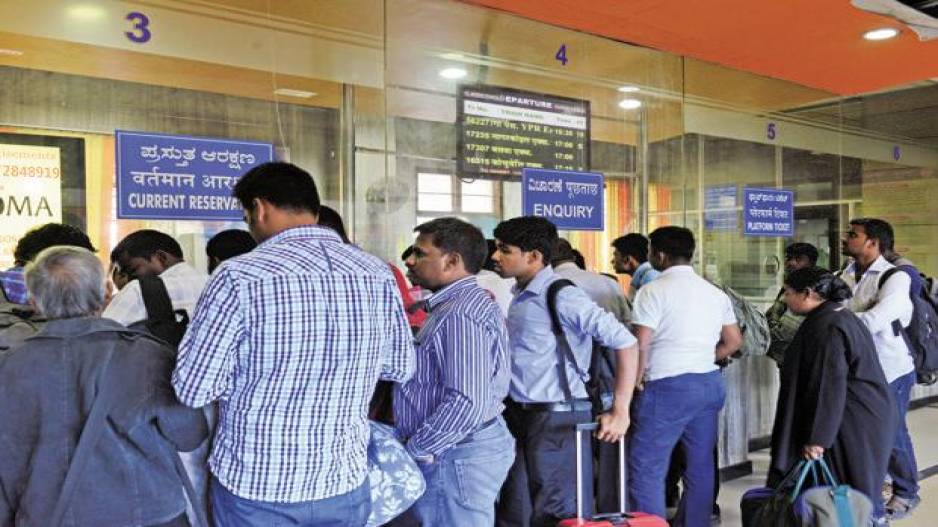/odishatv/media/post_attachments/uploadimage/library/16_9/16_9_0/recent_photo_1745474782.webp)
Indus Waters Treaty suspension: How will India’s move post Pahalgam terror attack impact Pakistan?
India has taken the unprecedented step of suspending the Indus Waters Treaty (IWT) of 1960, a landmark agreement that has endured through four wars and ongoing tensions with Pakistan. This decision follows a tragic attack in Pahalgam, where militants killed 26 tourists.
For over six decades, India and Pakistan have cooperatively managed the waters of the Indus River system, a vital resource for both nations. Despite several wars and conflicts, the IWT has remained a cornerstone of their bilateral relations.
However, the Pahalgam horror has led India to suspend the longstanding treaty. In the wake of the death of 26 innocent tourists, India announced the suspension of the IWT.
Also Read: Pahalgam Massacre: What is The Resistance Front, Lashkar’s local face that launched a terror attack on Kashmir?
Foreign Secretary Vikram Misri stated, "The Indus Waters Treaty of 1960 will be held in abeyance with immediate effect, until Pakistan credibly and irrevocably abjures its support for cross-border terrorism."
Background of the Indus Waters Treaty
The 1960 treaty can be traced back to the Partition of British India in August 1947, when India and Pakistan became two nations. As both countries rely heavily on the rivers flowing from the Himalayas for agriculture and irrigation, there was an immediate need for an agreement on the equitable sharing of the river waters.
After nine years of negotiations, facilitated by the World Bank, the IWT was signed in September 1960 by Jawaharlal Nehru and former Pakistani president Ayub Khan. While India was given control over three rivers – Ravi, Sutlej, and Beas, Pakistan was assigned control over Indus, Jhelum and Chenab.
As part of the treaty, India is required to allow the waters of the western rivers to flow into Pakistan.
India’s Greater Control & Impact On Pakistan
This move empowers India to cease sharing water flow data with Pakistan, impose no design restrictions on its water use, and construct reservoirs on the western rivers. Moreover, Pakistan's hydroelectric projects like Kishenganga and Ratle will be suspended.
While this suspension may not immediately alter water delivery to Pakistan, India's existing infrastructure limits its immediate impact. Pakistan, which receives roughly 80 per cent of the water in the Indus River system, relies heavily on these rivers.
The Indus River network forms the backbone of Pakistan’s agricultural sector. The suspension could lead to reduced crop yields, food insecurity, and cause economic instability in Pakistan, which is already burdened by poverty and financial crisis.
This will further compound Pakistan’s limited water storage capacity as its major dams like Mangla and Tarbela have only a combined storage of just 114.4 million acre-feet (MAF). During reduced water flow, severe water shortages will leave Pakistan acutely vulnerable.
Jan Aushadhi Yojana: Objective, types of medicines to future plans, know details

No need of cancellation, Indian Railways allows changing name and date in tickets; check steps

Train in India that is totally free for passengers, no ticket needed

World's most expensive fruit: One banana that was sold for Rs 52.4 crore!

/odishatv/media/agency_attachments/2025/07/18/2025-07-18t114635091z-640x480-otv-eng-sukant-rout-1-2025-07-18-17-16-35.png)

/odishatv/media/media_files/2025/09/22/advertise-with-us-2025-09-22-12-54-26.jpeg)